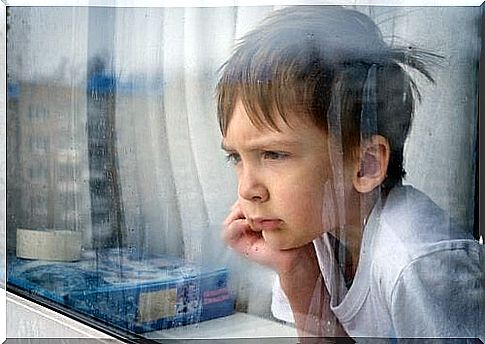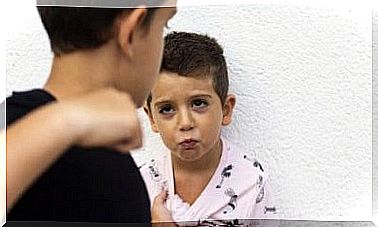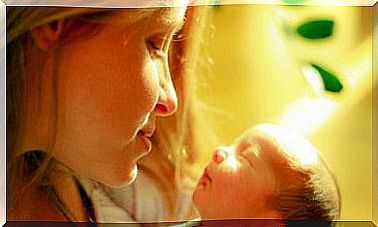How To Deal With Children’s Feelings Of Frustration?

Feelings of frustration in children stem from unmet needs or desires. Frustration is a feeling we all experience when we are unable to meet our desires, expectations or goals.
In other words, frustration is inevitable. We all experience it at some point in our lives.
In fact, frustration is one of the emotions we develop at a very young age. Rapid mood swings, from satisfaction to frustration and so on, are common in childhood.
In any frustrating situation, there is a person, a goal and some kind of obstacle that prevents us from reaching our goal.
This obstacle can be temporary or insurmountable. At the moment, however, there is something preventing us from getting what we want.
Feelings of frustration arise when the child expects some kind of reward.
Frustration can manifest itself in the form of different emotions or a combination of: anger, disappointment, sadness or hopelessness.
Causes of feelings of frustration
Feelings of frustration can occur at all stages of a child’s development. These are some of the most common reasons:
- Stress
- Expectations not met
- Rejection
- Lack of acceptance
- Lack of flexibility
- Jealousy
- Competitiveness
- Perfectionism
- Provocation
How to fight feelings of frustration in children
1. Be an example
Parents with a positive attitude to overcome negative situations are the best role models. From their example , children learn to find solutions to any problems they may encounter.
Replace frustration with learning
Difficult situations are a good opportunity for children to learn something new.
If they are able to maintain what they are learning, this experience will allow them to solve the problem themselves if it happens again.
3. Teach children endurance
If children learn that perseverance is the way forward, they will be able to control their frustration in all sorts of situations.
Set a bet culture
To avoid feelings of frustration, teach your child that effort is needed to solve problems.
5. Do not spoil them
Allow your child to overcome challenges for themselves. That way, they can make mistakes and learn from their experiences.
6. Do not give in
If you jump in to help right away as soon as your kids express frustration, they expect you to solve all their problems.
7. Set goals
Teach your child to tolerate frustration by setting realistic and reasonable goals.
Development of tolerance for frustration
Tolerance of frustration means being able to confront the problems and limitations that all the little ones experience and overcome the negative emotions they may cause.
Fortunately, all children can learn and develop a tolerant attitude toward frustration.
Characteristics of children with high tolerance for frustration
Children with a high tolerance for frustration can use their own resources to deal with a negative situation.
This means that only in extreme situations will the child suffer from feelings of frustration.
For people with a high level of tolerance for frustration, life is more comfortable, easier and less stressful.
Problems are being transformed into new opportunities. There is always the option to start over again and start over.
These people are able to recognize and accept feelings of frustration, pain, failure and discomfort without letting them take over.

Characteristics of children with low tolerance for frustration
Children with a low level of tolerance for frustration will have a hard time getting over certain situations. They easily lose motivation in the face of setbacks.
Children with low tolerance for frustration therefore tend to be more impulsive and impatient.
They are used to having their needs met right away so they become easily worried when they run into conflicts or adversity.
Feelings of frustration in children are without a doubt something that parents need to address.
It is important to remember that tolerance for frustration is an ability that we are all capable of learning and developing.
If your child can develop tolerance for frustration, they will be able to cope with everything life throws at them and help them live a good and fulfilling life.









